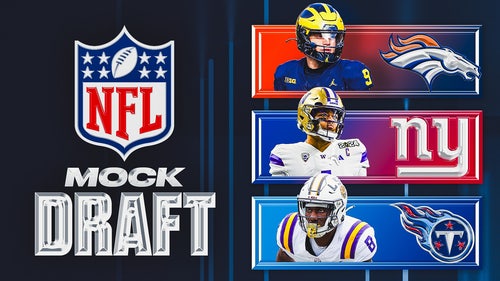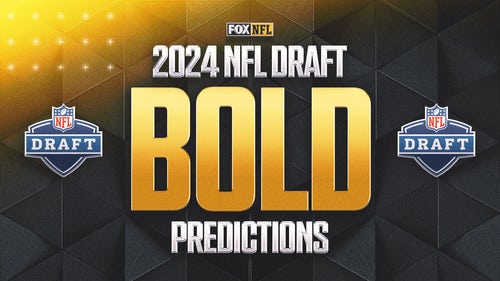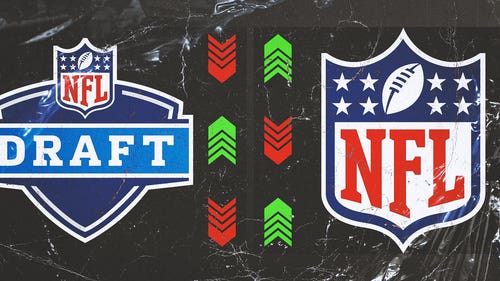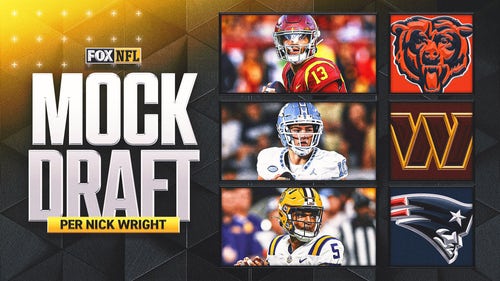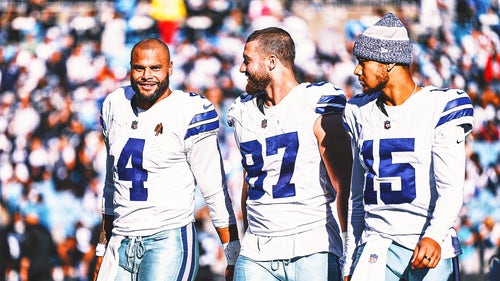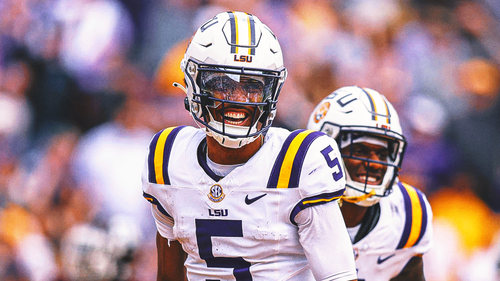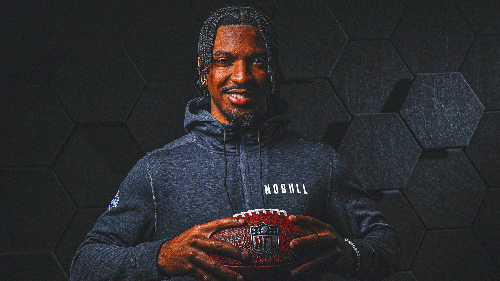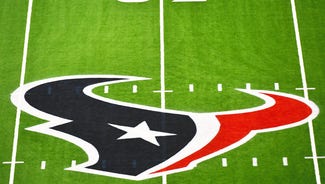
Mackey was more than just a player
He was all about irony was John Mackey, a big man with a booming but even voice of reason, a Hall of Fame tight end whose career created so many brilliant recollections for others, but exploits he could barely recall himself over the past decade.
So it's somewhat ironic that, on the day when Mackey passed away from the frontal temporal dementia that ravaged his memory for 10 years, a prominent element of the ongoing collective bargaining negotiations is the matter of improved benefits for the players who built the game into the preeminent force of the present. For all of his tremendous exploits on the field, a resume that earned him a niche in Canton in 1992, Mackey should be perhaps most celebrated for the notable leadership that he exhibited in improving the lot of players off the field as well.
The first president of the NFLPA, serving in a relatively thankless undertaking in the post-merger NFL created by once-warring leagues, Mackey seemed to understand early on that football was only a fleeting part of what defined a man. What defined John Mackey, a man this columnist only met once, were not only touchdowns but also touchstones.
And a sense that, while players were often regarded in a less than flattering light during much of his career, the pursuits of professional athletes were dignified and honest ones.
Several people on Thursday reminded that Mackey was probably delayed from his Hall of Fame inclusion because of his union activities and his proactive stance. But Mackey, only the second pure tight end enshrined, never publicly complained about the perceived slight.
In a conversation last season with Atlanta Falcons tight end Tony Gonzalez - the career leader in receptions at his position and a man who will someday join Mackey in Canton - Gonzalez cited Mackey as "the man who created the position."
But he was so much more than just a player.
At 224 pounds, Mackey, a bullish runner after the catch, was viewed as gargantuan. Nearly 40 years after his last appearance, the game and position have advanced so much that Mackey these days might be a possession-type wide receiver. Still, he remains a giant.
Mackey was the NFLPA president at a time when the players didn't earn nearly the salaries they do now - one of his several obituaries on Thursday pointed out that his total career pay was probably less than a long-snapper makes in one season now - but also didn't enjoy many basic rights. There's an old story, repeated by Mackey on several occasions, that before the union, the equipment man would come into the locker room and advise players they could change T-shirts. The punch-line: The quarterback could change with the wide receiver, the guard could change with the tackle, and so on.
OK, so things probably weren't quite that bad. No matter. Mackey made things a lot better, and, as the "88 Plan," named in his honor and to provide tribute to a uniform number he wore throughout his career, emphasized, his efforts hardly stopped with his retirement after the 1972 season.
The "88 Plan," the result of a poignant letter from Mackey's wife, Sylvia, to then-NFL commissioner Paul Tagliabue toward the end of his tenure, and a cause championed by Roger Goodell, pays $88,000 yearly toward the care of players who have suffered dementia or similar illnesses if they are in an assisted facility and $50,000 if care is done at home. In a league where it appears that the NFL and NFLPA bicker over the financial contribution that should be made to retired players, and to who should foot the bill, the "88 Plan" is a celebrated agreement.
The plight of Mackey might not be solely responsible for the conversation devoted these days to head injuries, and their catastrophic ramifications, but it was critical.
Of all the touchdowns Mackey tallied in his career, arguably the most memorable was the 75-yard score in Super Bowl V, when the ball deflected off Colts wide receiver Eddie Hinton and Dallas defensive back Mel Renfro. It was, truth be told, a fluke. But if the touchdown was a matter of luck, Mackey didn't have a lot of good fortune after it, particularly in his football afterlife.
That said, generations of NFL players were lucky to have had Mackey come before them, fighting the good and honorable fight.
Modern players regularly make reference to "standing on the shoulders" of those who preceded them in the game. Fortunately for them, Mackey had shoulders that were broad enough to carry the load.
Because of their various dementia-related maladies, the men who should probably thank Mackey the most unfortunately, and in one final irony, might not be able to do it. So here's hoping that, at some point in the collective bargaining discussions, the various participants from both sides took a few moments Thursday to recognize his contributions.
Len Pasquarelli is a Senior NFL Writer for The Sports Xchange. He has covered the NFL for 33 years and is a member of the Pro Football Hall of Fame selection committee. His NFL coverage earned recognition as the winner of the McCann Award for distinguished reporting in 2008.






































































































































